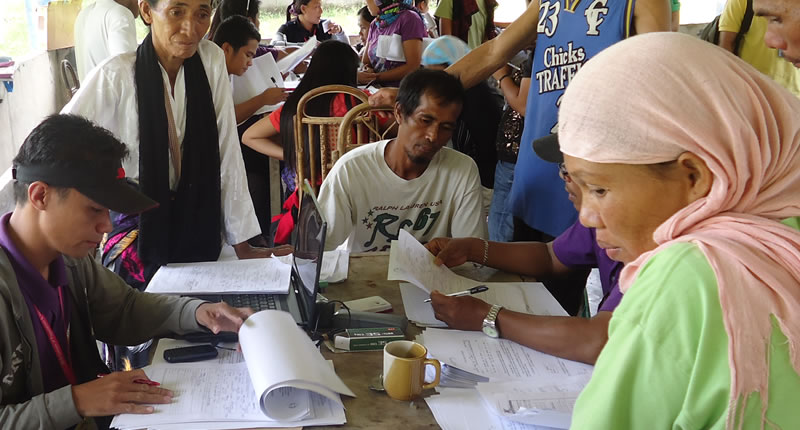UNHCR in the Philippines
UNHCR activities in the Philippines are framed around the following pillars:
Protection and Solutions for Refugees and Asylum Seekers
The Philippines is one of the few countries in the region to have acceded to the 1951 Refugee Convention and the 1967 protocol. It has also enacted a national asylum procedure, which is used to determine the refugee status of asylum-seekers. UNHCR works with the Philippine Government in upholding a favourable protection environment for refugees and asylum seekers in the Philippines. UNHCR supports the Department of Justice, the state agency responsible for adjudicating claims of asylum seekers, in the determination of refugee claims. UNHCR also partners with civil society for the advocacy, assistance and attainment of solutions for refugees and asylum seekers.
Protection of Stateless Persons and Reduction of Statelessness
On 30 May 2011, the Philippines became the first country in Southeast Asia to ratify the 1954 Convention relating to the Status of Stateless Persons. Statelessness mainly affects certain communities in Mindanao but there are also smaller communities at risk in other areas of the country. UNHCR works closely with the Philippine and Indonesian Governments to obtain durable solutions for Persons of Indonesian Descent in southern Mindanao through civil registration and confirmation of their nationality.
Protection of Internally Displaced Persons
UNHCR’s efforts also seek to support and reinforce national mechanisms and responses to the needs of, and for the protection of IDPs in Mindanao. UNHCR engages with various stakeholders and the civil society to ensure respect and protection of the rights of IDPs in accordance with the UN Guiding Principles on Internal Displacement and relevant international instruments, including International Humanitarian Law. UNHCR monitors protection concerns in Mindanao and co-leads the Protection Cluster with the Department of Social Welfare and Development in response to situations of natural disasters and armed conflict.

